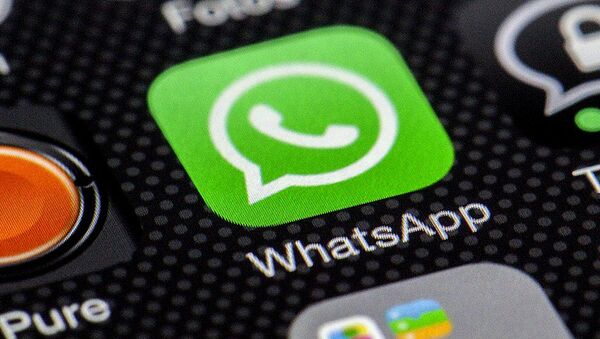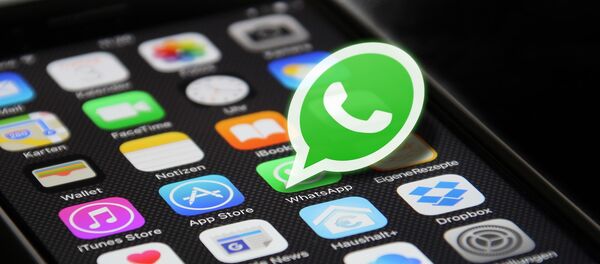Sputnik asked Rich Tehrani, a futurist and corporate advisor on cybersecurity how technically feasible these plans are.
Sputnik: From a legal point of view, could GCHQ make these big tech giants accept their so-called "Ghost Protocol"?
There is precedent and the government likely will show their law enforcement needs trump personal privacy.
READ MORE: Apple Expected to Lose Huge Share of China's Market in Major Win for Huawei
This is the case with landline phones throughout the world — this is just an extension of those rules.
Sputnik: How technically feasible is this proposal? What are its main flaws/advantages?
Sputnik: If somehow (let's imagine) this proposal is accepted, how will it affect the popularity of messengers among regular users?
Rich Tehrani: The majority of users will still use these apps but those who engage in illegal or potentially illegal chats will go underground. They will find a way via Tor, the dark web and/or a VPN to get around the GCHQ proposal.
Sputnik: How much do such proposals contradict the freedom of speech on the Internet?
Rich Tehrani: It will vary by government but will have a chilling effect. Look to Iran, Cuba and China as examples.
Sputnik: How much do such initiatives, even considering the fact that they are rejected, affect the situation with cybersecurity?
Rich Tehrani: If Ghost Protocol is accepted and tech companies are forced to comply, it will cause an absolute race by hackers including nation-sate actors to hack into the protocol or computers which have access to messages.
READ MORE: Huawei CEO Vows to 'Protest' If China Retaliates Against Apple — Reports
It would be a huge invitation to steal personal messages.
The views expressed in this article are solely those of Rich Tehrani and do not necessarily reflect the official position of Sputnik.





